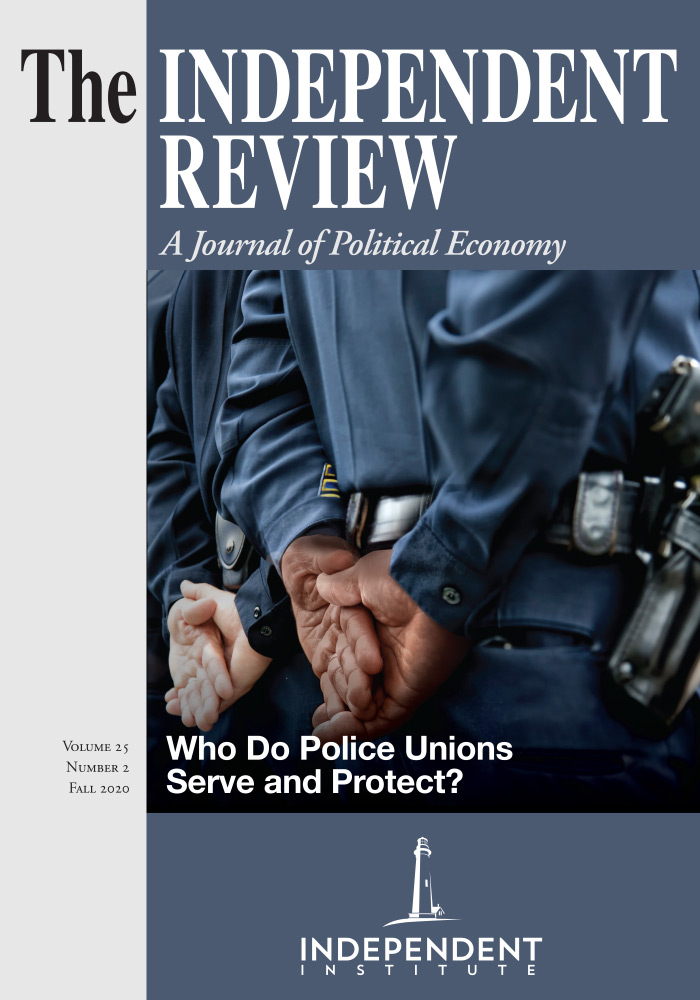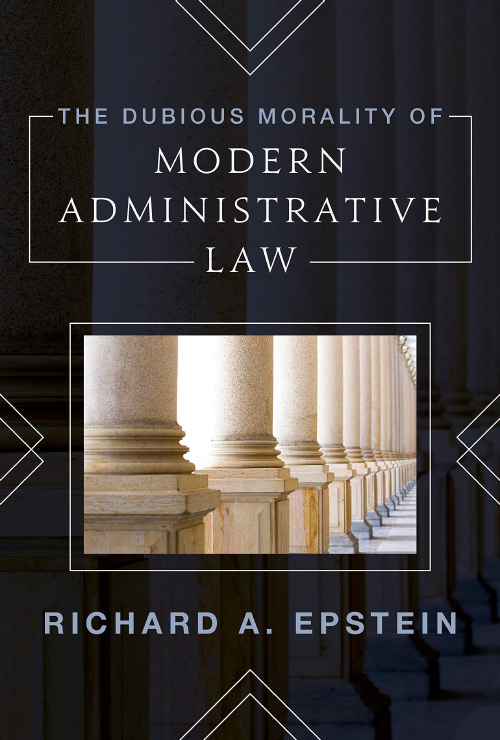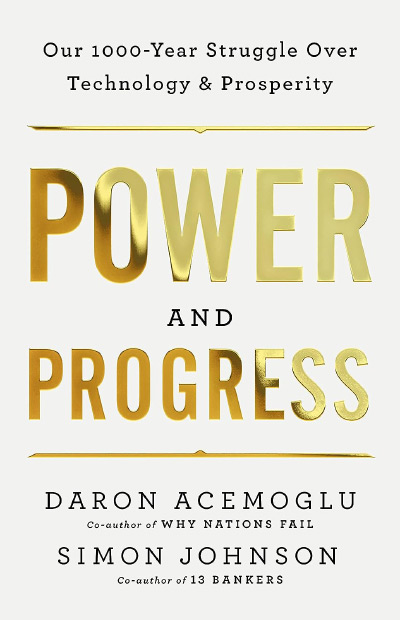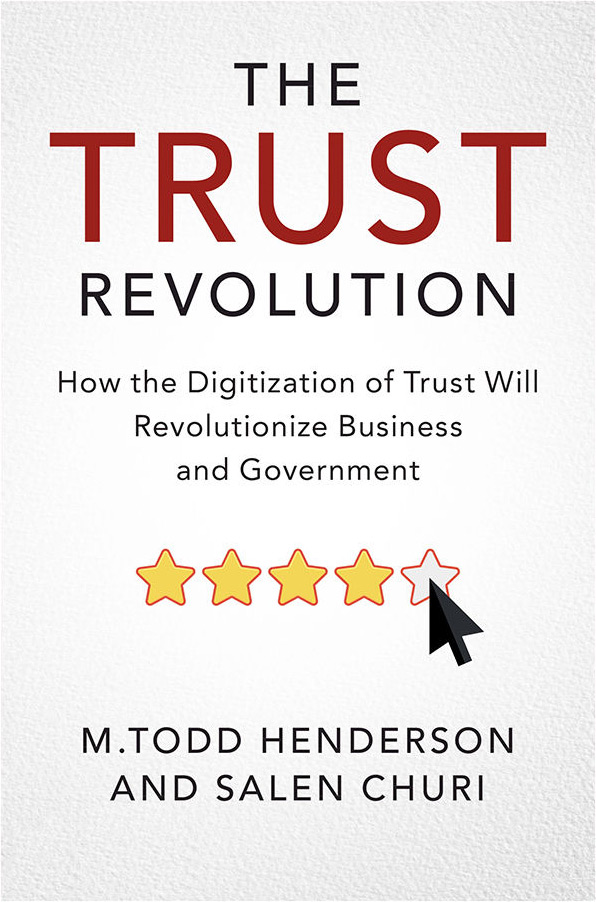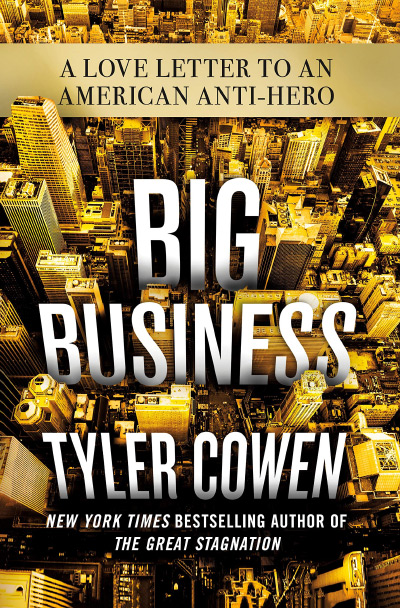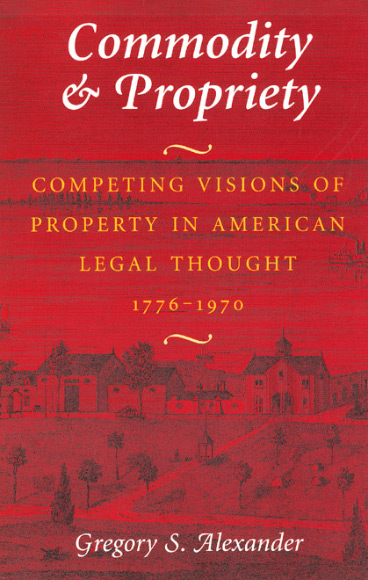In October 1984, a freshly minted economics PhD (me, with Potomac Fever) arrived at the U.S. Federal Trade Commission (FTC). They kept the economists locked up near Dupont Circle, in the Gelman Building on L Street, west of 21st. The interesting thing about that building was that the basement had two levels of (in reverent tones) “The ALJs.”
“Administrative Law Judges” operated courts that adjudicated disputes over the FTC’s rules—not laws, rules. The FTC makes rules to administer more than seventy federal statutes; the authority delegated by those statutes to make rules looks a lot like law, if you are on the receiving end of them. To find (some) of those rules, you can look at the electronic Code of Federal Regulations (e-CFR) under chapter 16, “Commercial Practices”.
Other agencies and other regulatory “authorities” in the federal government also make rules, or “administrative law.” So they also have ALJs, nearly two thousand ALJs overall, throughout the federal system. Most of them (about sixteen hundred) work in the Social Security Administration. Just for comparison, there are almost eighteen hundred federal judges in the various judicial organs, ranging from the Supreme Court to Circuits to Districts to Bankruptcy and a variety of “subject matter” jurisdictions.
Some people are surprised to learn that, at least in terms of our daily lives, we are more governed by these rules than by laws passed by Congress. Remember, the Constitution requires that a “law” must be voted on by Congress and then signed by the president. It’s hard to pass a law, and that’s good: many impulses and populist whims are likely to die aborning.
Not rules though. Rules are created under their own constitution, the Administrative Procedure Act. Are these laws? If you disobey a rule, you get hauled into court. You get punished. And if you resist, heavily armed people with badges will come to your house and take your property, your freedom, and (if you resist enough) your life. All because of some words on a piece of paper written down by some bureaucrats, never voted on by Congress or approved by the president.
If you disagree with a real law, you can “petition the government for a redress of grievances”; Congress can reconsider. Or, you can go to court, and challenge the constitutional basis of the law. Rules don’t work that way. ALJs enforce the rules; they don’t “judge” them. One of my former students, Amy McKay, now of University of Exeter in England, has done extensive work analyzing the process of lobbying executive agencies. Her findings show that lobbyists who have direct experience in bureaucracy, and whose “interests” are narrow and particular, can work entirely under the radar in seeking influence. Worse, only people with inside connections have any hope of having any meaningful communication within the process. Otherwise, if there’s a rule, that’s that; there’s no “redress of grievances.”
The reason for all this throat clearing is that my own experience with administrative law “service” was something less than satisfying. The process of “delegation” by Congress looks a lot like “abdication” of a responsibility specifically charged to the legislative branch alone. But my graduate education, in which I worked with Barry Weingast (of “McNollGast”) fame, led me to think of the process a bit differently. The description I give above might be—and often is—read as a “runaway bureaucracy” story. That is, Congress has lost control of executive agencies, who rule as unelected and unchecked dictators in the rule-making process. In class, Weingast always asked a simple question: “Why would Congress lose a game it could easily win?”
Well, it wouldn’t. As Morris Fiorina argued in his book, Congress: Keystone of the Washington Establishment (New Haven, Conn.: Yale University Press, revised edition, 1989), it’s a mistake to think that the executive administrative law function simply ignores Congress. Likewise for the famous article by my Duke colleague Mathew McCubbins and UCLA’s Thomas Schwartz, entitled “Congressional Oversight Overlooked: Police Patrols versus Fire Alarms” (American Journal of Political Science 28, no. 1 [February 1984]: 165–79): the Congress has promoted the design of the system where administrative procedures and rules such as reporting in the Federal Register either provide an outcome Congress would have approved of, if they were aware of it, which they aren’t, because they don’t have to be, or provide a bad outcome, in which case Congress can appear to “rescue” the powerful interest groups that pulled the administrative fire alarms. Imagining that control requires active oversight would be like having fire trucks driving around looking for fires, instead of waiting for an alarm. Fire trucks don’t drive around looking for fires; Congress doesn’t perform active oversight. But there is still an emergency response system, operating in the background.
There are examples of “police patrols,” of course, carefully written and detailed statutes that constrain bureaucratic action. But often Congress lacks the information, and the inclination, to try to work out such particulars. They can just toss a vaguely worded statute to the rule-making flying monkey soldiers at the federal agency, and shriek, “Fly, my pretties! Fly!”
Consequently, administrative procedures serve the Congress and the narrow reelection goals of members, and to a lesser extent the federal agencies. The narrow-organized interests that Congress is implicitly cooperating with also do okay. But voters and the general interest get left out, with no representation at the cozy rule-making table.
Richard Epstein is one of the most prolific, and eloquent, scholars of the “Chicago School” approach to law and economics. That is not the core approach taken in administrative law, which is usually taught simply as a technical subject or else gives a nod to the McNollGast-style Public Choice approach. In this book, Epstein notes that in fact he had not spent much time teaching or thinking about administrative law, but was prompted by a provocation from Cass Sunstein (On Freedom [Princeton, N.J.: Princeton University Press, 2019]) and an essay by Sunstein and Adrian Vermeule, “The Morality of Administrative Law” (Harvard Law Review 131, no. 7 [May 2018]: 1924–78), itself a follow-up to Lon Fuller’s classic The Morality of Law (New Haven, Conn.: Yale University Press, 1964). Epstein says that, on reading of the attempt to defend administrative law on broad moral tenets, he was “immediately skeptical” and worked to engage with the particular foundation of the Vermeule-Sunstein piece.
Fuller’s defense of the morality of a legal system requires coherence, clarity, and consistency, and rules out retroactive or post hoc illegality. Epstein, though at the time of only superficial familiarity with administrative law, thought that the U.S. system fails to satisfy any of those conditions effectively, and that, taken as a whole, the claim for the morality of administrative law was dubious—thus, the title of the book. The typeface of the cover is cleverly laid out, with the main words “Modern Administrative Law” laid out in plain black letters, as if simply a boring textbook. But on closer examination one sees the teasing tag line, in smaller letters modifying the main words, “The Dubious Morality of ...”
I understand that this all smacks a little too much of “inside baseball” for the casual reader. An argument over whether one or another scholar is correct about an interpretation of a legal treatise from 1964 is not very exciting. But that is just the origin story. As one might expect from a scholar of Epstein’s stature and ferocity, the book that resulted is a much more general, more interesting, and frankly more important set of insights. The reason I started with my own version of the history and critiques of administrative law is that they are completely ignored by Epstein in favor of making an original argument. It is my own view that this argument rediscovers and reprises many of the same steps, from the same starting point of the passage of the Administrative Procedures Act (APA) in 1946. The “McNollGast” portmanteau (Matthew McCubbins, Roger Noll, and Barry Weingast) starts at the same point, with their 1999 “The Political Origins of the Administrative Procedure Act” (Journal of Law, Economics, and Organization 15, no. 1 (April 1999): 180–217).
The omission of the obvious parallel with other work is not fatal, though I find it inexplicable. The reason the Epstein effort is ultimately successful, at least to my mind, is the narrow and careful focus on legal reasoning, looking at the evolution of cases and the interpretation of the meaning of the delegation in the APA. The larger political questions are important, but for the author’s purpose beside the point; do the procedures that have been used to implement the APA satisfy the requirements of “rule of law” in a constitutional democracy?
Epstein says no. His reasons are voluminous (if you have ever tried to follow Richard when he is speaking, it will be no surprise that his written arguments are likewise a Phil Specter–like “wall of sound”!), but I would summarize them as follows.
The process of appeal generally observes a dichotomy, with findings of fact at the lower level being deferred to by higher courts, and interpretations of law being subject to scrutiny and correction. As Epstein notes, “I see no relevant difference in the distribution of powers when initial legal determinations are made by an administrative agency, rather than a trial court” (p. 4). Yet precisely that (vaporous) distinction informs most of our understanding of appeals in administrative law. Epstein makes the decisive (in my view) argument:
In Chevron U.S.A. Inc. v. National Res. Def. Council, however, the Supreme Court ignored this obvious parity when it held that in cases involving an ambiguous statute, a court owes to an administrative agency the level of deference that it would never confer on a trial court (p. 4).
Worse, consider the nonreviewability of “questions of fact.” In a statutory trial court, judges (and juries) physically heard (and saw) the witnesses and formed judgements about credibility. But in administrative law, questions of fact have much less to do with whether the witnesses are being truthful; the question is whether the experts got it right. This kind of “evidence” can be reviewed and evaluated by experts. That’s particularly important when an administrative ruling in one case is to be used as a precedent or binding rule in other cases, with different sets of facts. Epstein notes that this logic is pernicious, because of an asymmetry in its interpretation:
A double standard is at work. Let the agency approve some project, and the knives come out to find whether there is any defect in the proceedings below, and the case can be sent back for yet another round of review that can be so costly and time-consuming that the project is effectively dead. But if the agency blocks a project, no matter how frivolous its reasons, the agency decisions are routinely upheld. Just this standard took hold to destroy the nuclear power industry. There are strong signs that the same disastrous approach may take hold with respect to pipeline permits ... (p. 5)
Epstein was prescient: the Atlantic Coast Pipeline, which would have provided cleaner and lower-cost natural gas to millions, died a despairing last gasp in July 2020. The pipeline plan was repeatedly approved by regulatory agencies, but opposition groups (including some whose goal is elimination of all fossil fuels, a goal that would make large urban areas untenable) exploited the loophole that allows appeals of approvals. Opponents actually had the gall to celebrate the withdrawal of the pipeline proposal, citing the “saving” to taxpayers, when in fact it wasn’t the costs of building the pipeline but the approval process that was prohibitively expensive, primarily as a result of those opponents’ own legal gamesmanship.
In terms of the rule of law and getting rules “right” (which Epstein believes is possible, at least in terms of utilitarian arrangements), “both extremes err, and the more sensible approach, often ignored, is to hold that so long as the agency tries to respond to both sides of the question, on those matters its decisions should be upheld” (p. 5). That would be harder than always (in the case of granting proposals) or never (in the case of denying proposals), but it would restore ALJs and the federal system to their job of providing a process of review for error.
Epstein also offers an analysis of substance, to follow up his (persuasive) critique of procedure. The problem is that the faulty procedure bleeds over: “Courts are so often anxious to defer to agency determinations on both questions of law and ultimate issues of fact that they do not think hard about the substantive merits of a case or the quality of agency performance” (p. 5). There are really only two possibilities: either the agency has done a good job, and needs no deference, or it has botched things, and deference keeps the appeals process from working. “Sloppy” administrative rules survive appeal only because they are walled off behind an “uncritical dose of excessive deference” (p. 5).
Epstein asserts, immodestly but correctly, that the expansion of the book beyond its original parameters as a paper updating Fuller’s categories is due to his—Epstein’s—“strong working knowledge of the various substantive fields” in which the administrative law cases he analyzes arose (p. 6). I’m reminded of the frustration I often have with super-smart law professors (Cass Sunstein is the clearest example) when a big part of their argument rests on the implicit claim that “I’m smarter than you are.” Yes, they are. But it’s not good atmospherics. A key difference is that Sunstein, in his work on nudging or the recent book On Freedom, is saying, “Here is the right thing to do, and I know because I’m smart. You should do what I say.” He’s advocating for “Sunstein deference.”
The reason that Epstein’s Dubious Morality works so well is that it takes the opposite approach. Epstein’s immodesty advocates abandoning the “Sunstein deference,” restoring the adversarial appeals system to its rightful place, the place it occupies in all the rest of American law. Epstein’s legal arrogance implies that judges, and lawyers, are smart enough to be able to contest substance with bureaucratic experts as equals, just as they do in difficult cases of interpretation in statutes. The practice of deference, be it of the Chevron or Sunstein flavor, was never justified, and it needs to be curtailed before the damage gets worse.
| Other Independent Review articles by Michael C. Munger | ||
| Fall 2024 | Tax Turmoil: A Dia Fenner Economic Thriller | |
| Fall 2024 | Retrieving Liberalism from Rationalist Constructivism, Volume I; Retrieving Liberalism from Rationalist Constructivism, Volume II | |
| Fall 2024 | The Dispersion of Power: A Critical Realist Theory of Democracy | |
| [View All (83)] | ||

